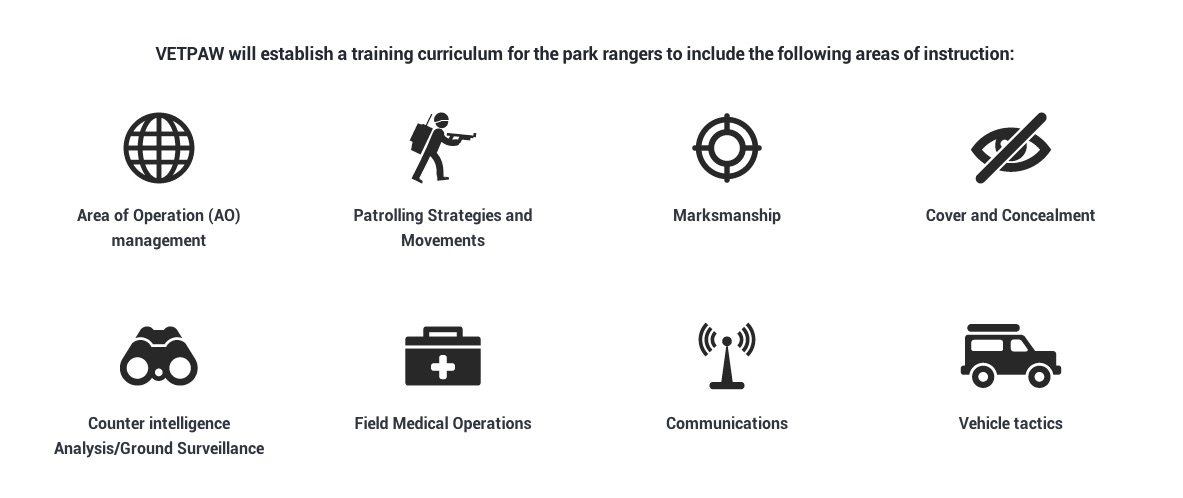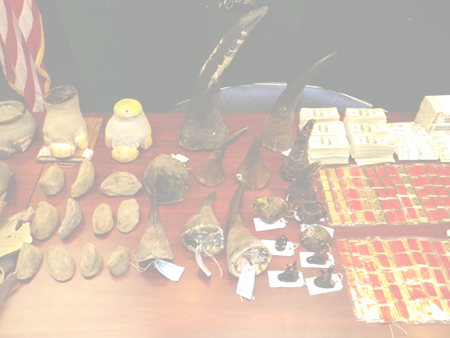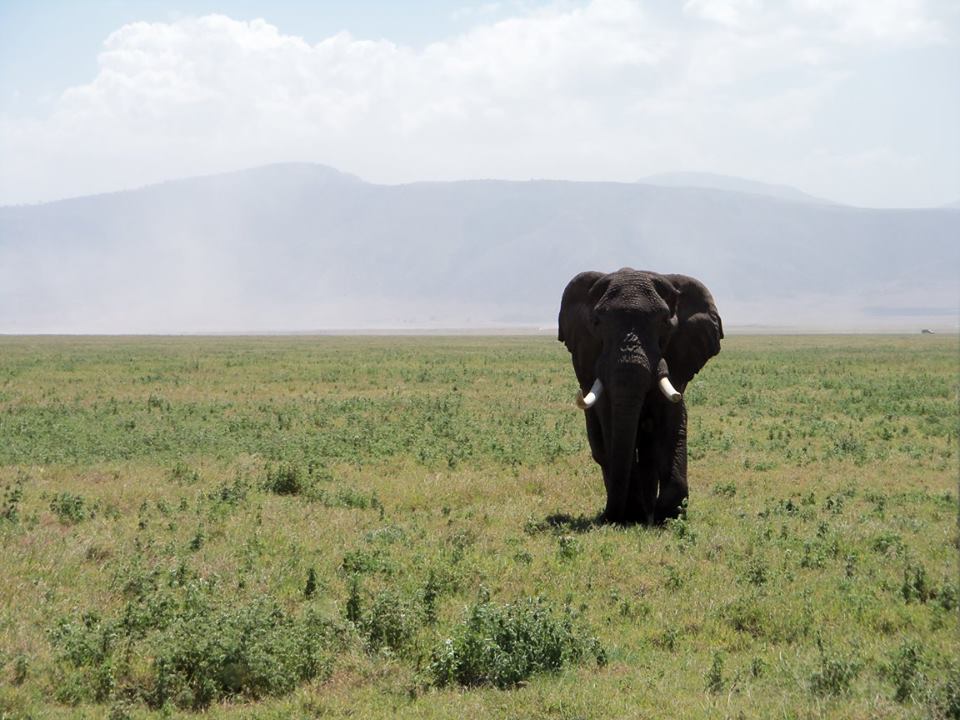Veterans Empowered to Protect African Wildlife (VETPAW) seeks to provide meaningful employment to post-9/11 U.S. veterans through conservation efforts in East African nations. They have chosen to continue their life of service. Ryan Tate, a former U.S. Marine who enlisted on his 18th birthday after the September 11th terrorist attacks,… read more
Call 1-800-NO-POACH
We can all agree: poaching is a problem that needs to be addressed. However this is a complicated issue with many facets. One major problem with combatting poaching stems from the fact that many feel that there is nothing that they can do when they see poaching occur. Engaging ecotourism… read more
Questions for wildlife protection NGOs in China
BEIJING, China – In my last post, I wrote about different awareness campaigns in China, trying to gather elements that these campaigns shared to reach their target audiences. In many (if not all) of the cases, the message was aimed at the general Chinese population and intended to provoke feelings… read more
The Future of Operation Crash
While wildlife trafficking is perceived as a global, transnational issue, it is often forgotten that wildlife trafficking is also a domestic issue that U.S. law enforcement officials are currently grappling with. In 2011, the U.S. Fish and Wildlife Service’s Office of Law Enforcement formed Operation Crash, which investigates rhino horn… read more
Ecotourism: What’s stopping us?
(Taken by me!) I’ll include a handful of my pictures from Tanzania to draw you into this post. Ecotourism is only viable when the infrastructure is stable, communities see the returned value in conservation for tourism, and if the environment is suitable for tourists. The two most significant threats to ecotourism are… read more
From Africa to Asia: An Ivory Trafficking Incident
Policing ivory trafficking is hard for many reasons – but one of the biggest barriers is understanding the trafficking supply chain. In August of 2014, the Center for Advanced Defense Studies’ (C4ADS) published a report that helps frame how ivory trafficking works, including who is involved, how goods are moved… read more
US Foreign Assistance and Ecotourism
The United States supports wildlife conservation and the development of ecotourism in foreign countries primarily through monetary aid. Unfortunately, data that dis-aggregates ecotourism revenue from tourism revenue is not routinely collected. Thus, analysts encounter difficulty when attempting to quantify US monetary support of the ecotourism industry. Nonetheless, ecotourism is a… read more
Does illegal wildlife trafficking really fund terrorism?
A myriad of news sources have reported involvement by Al-Shabaab, a Somali-based Islamist insurgent group, in the trafficking of elephant ivory in Africa. Al-Shabaab, also known as Harakat al-Shabaab al-Mujahideen, operates under a mission to overthrow the Somali government and establish a state under Islamic Law. The U.S. Department of… read more
Religion can stop trafficking
Religious groups can stop the supply and demand for illicit wildlife goods. There is potential to reduce a large portion of demand if Buddhist Monks in Thailand and the Catholic Church in the Philippines change their ways. In Thailand, there is a “tiger temple”, located about 100 miles west of Bangkok… read more
Militarizing the response to poaching is just a band-aid
In 2012, Cameroon lost half of its elephant population. In February 2012, presumed Sudanese poachers entered Bouba N’djia National Park in Cameroon through Chad and slaughtered over 300 elephants. What was estimated at nearly half the elephant population of the park was indiscriminately slaughtered. Young and old elephant carcasses were found… read more








